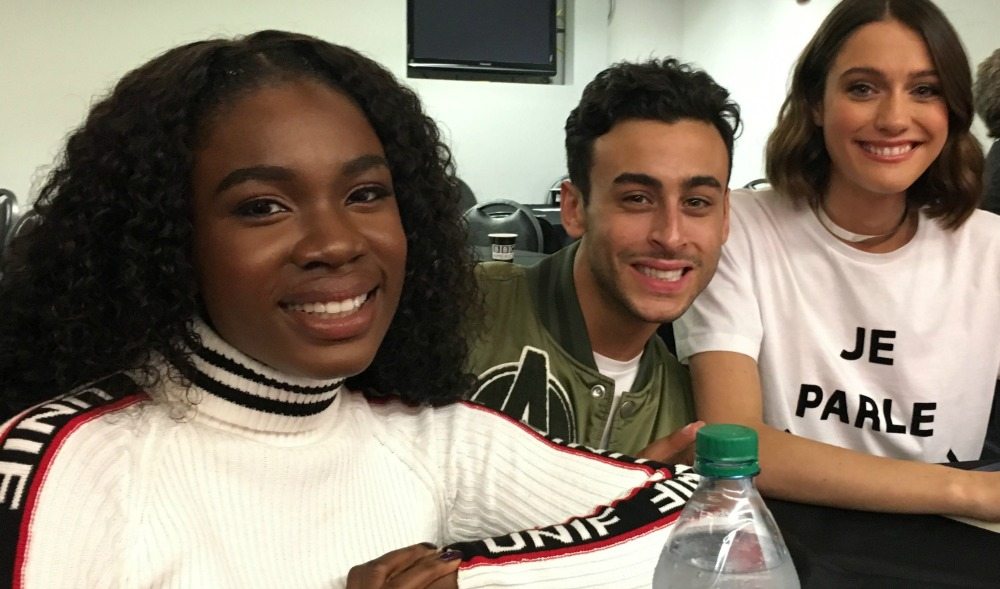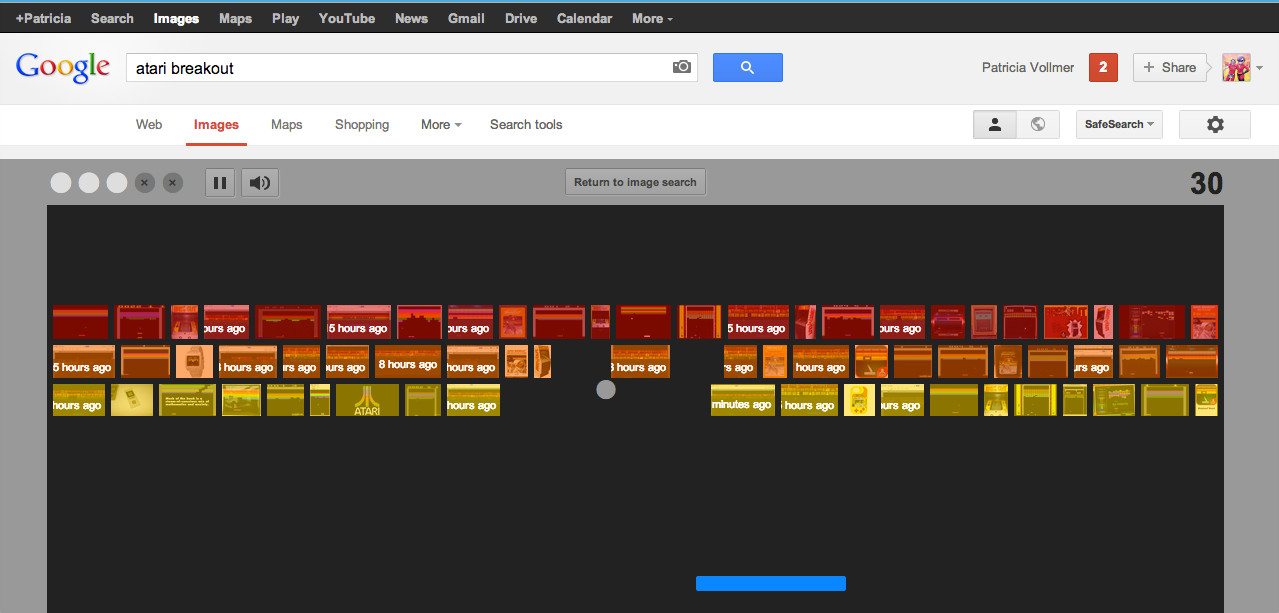
Sitting on BBC’s Class for six months stunk, but being able to finally talk about my interview with the cast of the show feels more gratifying after watching the first three episodes. Class premieres on BBC America on April 15 AT 10:10/9:10C.
Back at New York Comic Con 2016, I had the opportunity to meet with the BBC casts of Dirk Gently and Doctor Who. Since those two were the Big Names at the time, I dismissed Class as the “little sibling” playing in the sandbox.
The thing though? BBC’s Class is full of so much awesome between the cast and the writing that it’s not the little sibling. Class is to the other shows as its’ character April is to the other characters in the show. The show is the nice unsung heroine about to break out of its shell.
During the NYCC interview, Patrick Ness, the creator and writer of Class, was asked to describe his show. He answered, “to me what is always interesting about the show is that Doctor Who goes on these adventures every week and then he goes on to the next one. What happens to those he leaves behind? It’s not that there’s a wreck to clean up, but how does it feel when your world changes, when how you perceive it changes, when you’re suddenly faced with all these things you didn’t know existed which is a lot like being a teenager. It was important to see how the Doctor looks at it. It was important to see his point of view. It’s a show all about consequences. They don’t just end at 44 minutes.” Listening to this, my first thought was akin to what several internet reviewers had said, “This is Buffy. Thank the great spaghetti monster.”
For all the Buffy the Vampire Slayer lovers, this show is everything we’ve missed 2003. I am an unabashed Whedon lover/apologist. When I say that BBC’s Class hits every button that Buffy hit and, but for the linguistic gymnastics I loved in the dialogue, does them better than Whedon, I do so with the utmost respect.
BBC offered access to the screeners of the first eight episodes. To say that I binged on the first three would be to put it mildly. If I could have watched all eight at once without stopping, I would have. I seriously considered staying up until 4am to watch them all in a row. The show is just that much fun. I found myself clapping in joy and laughing raucously and crying and gasping in horror. Everything about this show is what I’ve missed for the last fourteen years.
When interviewing Ness, I mentioned that the show had been compared to Buffy. Ness responded, “Buffy the Vampire Slayer is the greatest television show of all time. Everything is based on aliens. It’s more about a slightly different engagement from the points of view of people who don’t have the encyclopedia of the universe at their fingertips. What do you do when you don’t even know the alien’s name. You don’t know what they want. They’re just there being destructive. What are you supposed to do with it? That’s really interesting to me. The thing that Buffy did so well, and the thing that Doctor Who does so well, is that there’s the scary moment, there’s an emotion moment, there’s a funny moment. It’s really hard but if you aim for it you might get something interesting.”
Back when The Avengers first came out, Whedon said in a CBS interview something that I’ll always remember. Buffy the Vampire Slayer had to be those three words because one word was funny, one was scary, and one was action, which described the show. This is what Class gives viewers. It gives us everything we’ve been missing in the funny-danger-emotion spectrum. In a perfectly referential moment, one character notes that the school will “act like a beacon across all of space time for any being that might want to make mischief with it.” The Willow-esque April notes, “It’s like a Hellmouth.” This homage to Buffy cements both where Class fits and how it’s different.
One of the biggest critiques of Buffy over the years has been its presentation of very white heteronormative or bi-erasive social stories. Class fixes this in so many beautiful ways. This diverse group of kids join in unexpected narratives. This hodgepodge quality removes some of that misfit trope of the original Scoobies. Each character brings something unique to the plot that slowly unfolds over the course of the episodes. For instance, the first character to unfold is Ram. Presented initially as the prototypical “jock” stereotype, he quickly shows the depth of character over the course of the first three episodes.
Despite the well-advertised inclusion of the Doctor at the end of the first episode, Class also pays its own linguistic homage to the show. Looking on the internet, blogs keep quoting the first line that very clearly spoke “Doctor Who” to me. At one point, a character shout-snarls, “I am what waits for you and I. Am. War. Itself.”
This line so very clearly mimics the Whoniverse’s tone that it felt as though it was playing on words from “The Pandorica Opens,” “When a Good Man Goes to War,” or “In the Time of the Doctor.” After scouring the internet to no avail, I asked a very good friend, whose ability to place quotes far outpaces mine, for help. After sharing the quote with her, we agreed that there was a parallelism, and she noted, “The Doctor does declare himself metaphorically pretty often.”
This was the key. The tone of BBC’s Class fits within the Whoniverse precisely because the characters sound like the Doctor without actually being the Doctor. The phrasings, the tones, and the inflections all act as ghosts of series past without feeling derivative. That being said, a few times the parallels in dialogue to the Whoniverse purposefully act as threads holding the world together such as an iconic use of “Run.”
All of this doesn’t really sum up what the writing did for me. Hidden within the weekly monsters and soon to find Big Bads of BBC’s Class lies humor and heart. At one point, April has a conversation with her mother:
April: People just think that nice means fragile. That somehow if I ever see what the real world is like then I’ll break. But I’m tougher than they think.
Mom: I know how tough you are. You’re not nice. You’re kind. There’s a difference. Kind is better, way better.
This discussion leaves an open ending giving the viewer the opportunity to meditate on how language changes our interpretations of an idea. These moments in the story give the thinking viewers, the ones who watch Doctor Who for the larger philosophical discussions, their mental high.
Simultaneously, there’s dark sarcastic humor underneath and laugh out loud moments. As one character heads to his date with his new boyfriend he notes, “My deeply religious parents are thrilled I’m going to prom with a boy. This has been an evening of love and warmth.” The sardonic tone provides the needed sense of pathos combined with levity that attempts to negotiate the difficulty of those in the LGBTQIA community whose families are not supportive. In a different character’s world, a father notes, “Don’t abuse literally. It’s a good word that young people squander.” In episode 2, one of the characters, while discussing the time and dimension rift at the school hopes that “nothing else will get pooped out through the bunghole of time.” Another character responds, “We’re not going to call it that are we?” However, it appears by the end of episode 2 that indeed, Coal Hill School officially sits on the bunghole of space and time.
In a different character’s world, a father notes, “Don’t abuse literally. It’s a good word that young people squander.” In episode 2, one of the characters, while discussing the time and dimension rift at the school hopes that “nothing else will get pooped out through the bunghole of time.” Another character responds, “We’re not going to call it that are we?” However, it appears by the end of episode 2 that indeed, Coal Hill School officially sits on the bunghole of space and time.
For what it is, a Buffy-type teen angst as monsters show, BBC’s Class is wonderful. It’s fun, naughty, and just a wee bit scary. If Patrick Ness thought that Buffy was the best television show of all time, then he’s on the right track to joining it with the improvements on the recipe.




so sweet